Hezbollah launches its deepest strike on occupied territories since Oct.
Lebanon’s Hezbollah resistance movement has launched its farthest-reaching strike against the occupied Palestinian territories since October, when the Israeli regime escalated its aggression on Lebanon.
On Sunday, the movement fired “dozens of Fadi-1 and Fadi-2 missiles” against Ramat David, an Israeli air force base located in the northern part of the territories, just 20 kilometers (12 miles) southeast of the city of Haifa.
It specified Fadi-1 as a 220-milimeter caliber missile with a range of 80 kilometers (49 miles), and Fadi-2 as a 303-milimeter caliber projectile that can fly as far as 105 kilometers (65 miles).
The strike was followed by two more barrages, during which 15 and 20 rockets were respectively fired towards the base, which houses warplanes and helicopter gunships as well as offensive electronic warfare systems among other military equipment.
Hezbollah has been staging numerous such strikes against the occupied territories since October 7, when the regime notably escalated its attacks on Lebanon, especially its southern areas, after launching a genocidal war on the Gaza Strip.
The movement’s operations have been aimed both at retaliating against the regime and displaying support for the war-hit Gazans.
Describing its Sunday operation, the movement likewise said it had carried out the strike “in support of our steadfast Palestinian people in the Gaza Strip and in support of their brave and honorable resistance.”
The operation was also meant as a response to “the repeated Israeli attacks that targeted various Lebanese regions and led to the fall of many civilian martyrs,” it added.
The strike came two days after at least 38 people, including three children, seven women, and a senior Hezbollah commander, named as Ibrahim Aqil, were killed during an Israeli attack on residential building in a southern suburb of Lebanon’s capital Beirut.
Earlier, numerous explosions had targeted pagers and walkie-talkies across Lebanon, killing at least 37 people and wounding thousands of others, including Hezbollah’s members.
The Israeli regime has declined to comment on the blasts, but the Lebanese government and Hezbollah have held it squarely responsible.
Reacting to the blasts, Hezbollah’s Secretary General Sayyed Hassan Nasrallah called the atrocity “a declaration of war.”
He asserted that the regime would face "tough retribution and just punishment, where it expects it and where it does not.”
The regime waged wars against Lebanon in 2000 and 2006 only to be forced into beating humiliating retreats as a result of Hezbollah’s decisive defensive operations.
The movement has pledged to respond with its entire prowess and strengthen in case of another Israeli war.
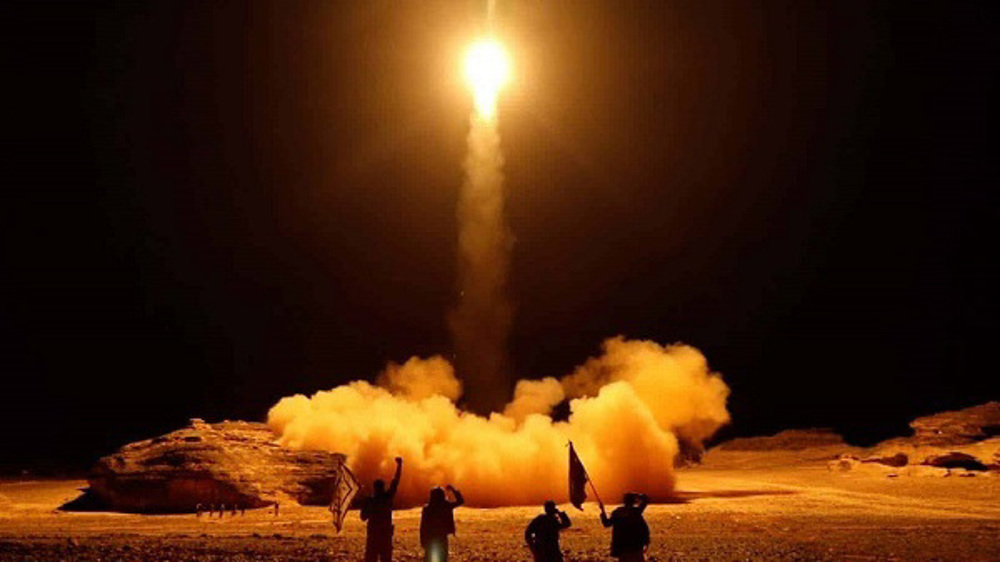
Netanyahu’s anger source of joy for us: Ansarullah
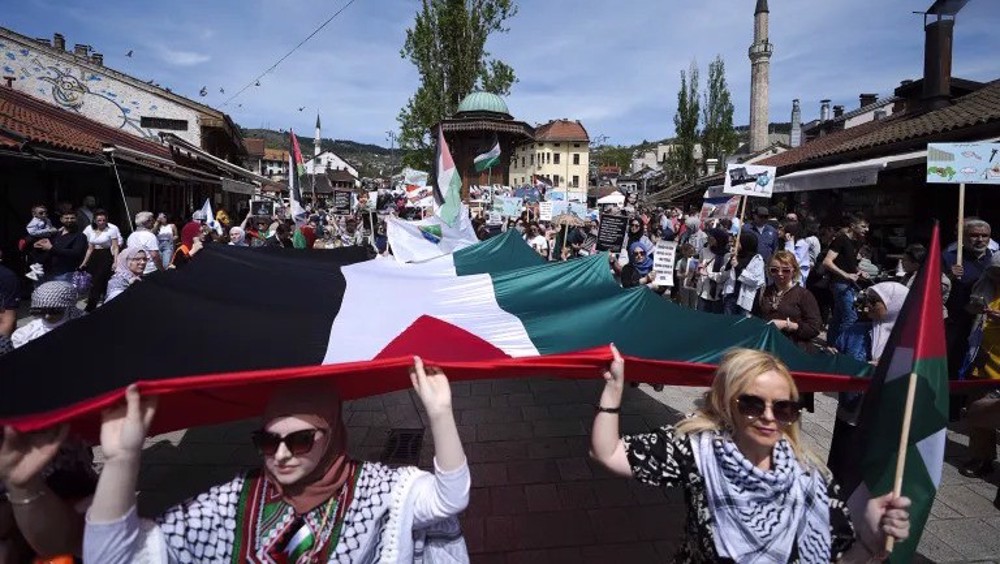
Hamas urges global strikes, sit-ins to end Israel’s genocide in Gaza
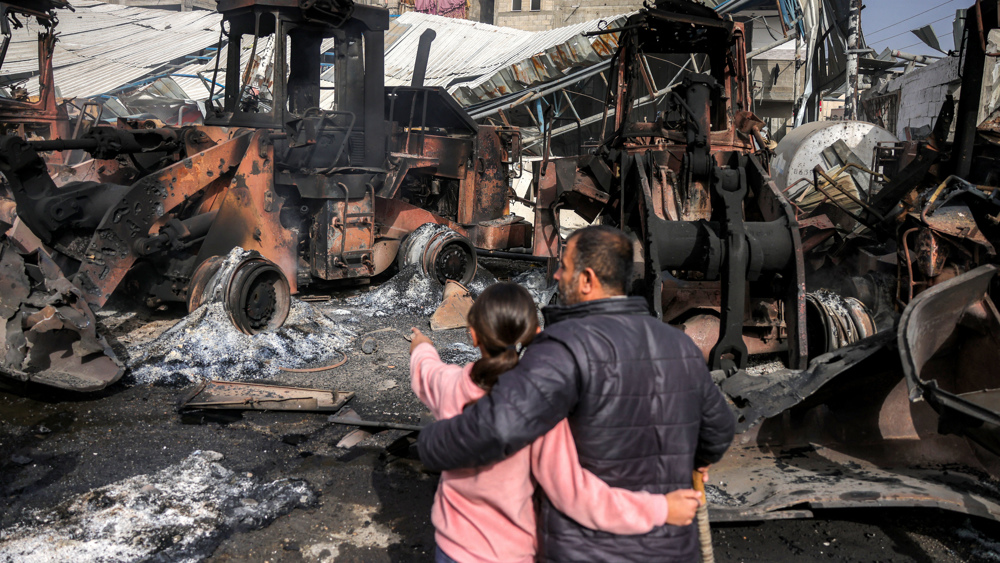
UNRWA: Gaza ‘land of desperation’ after 50 days of total Israeli siege
VIDEO | Iran-China-Russia partnership
VIDEO | Press TV's news headlines
Netanyahu’s anger source of joy for us: Ansarullah
Iran, China working resolutely to safeguard mutual interests: Tehran says as FM departs for Beijing
Yemen asserts enhanced military readiness; takes US aircraft carriers under firepower
VIDEO | Iran seeks foreign investment to boost oil, gas sectors
Iran condemns terror attack in India's Kashmir region
After second Signalgate scandal, Democrats call for Hegseth’s resignation


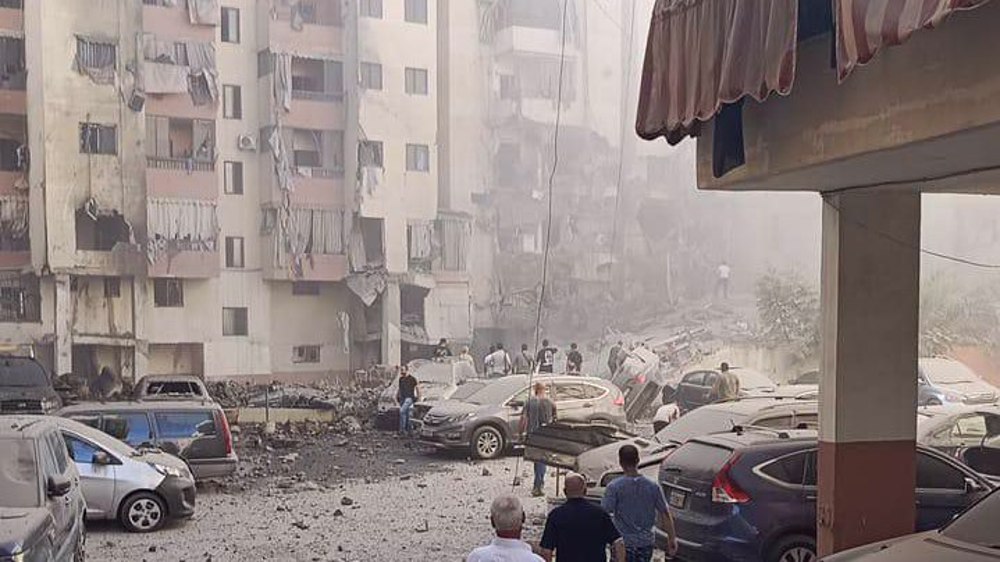
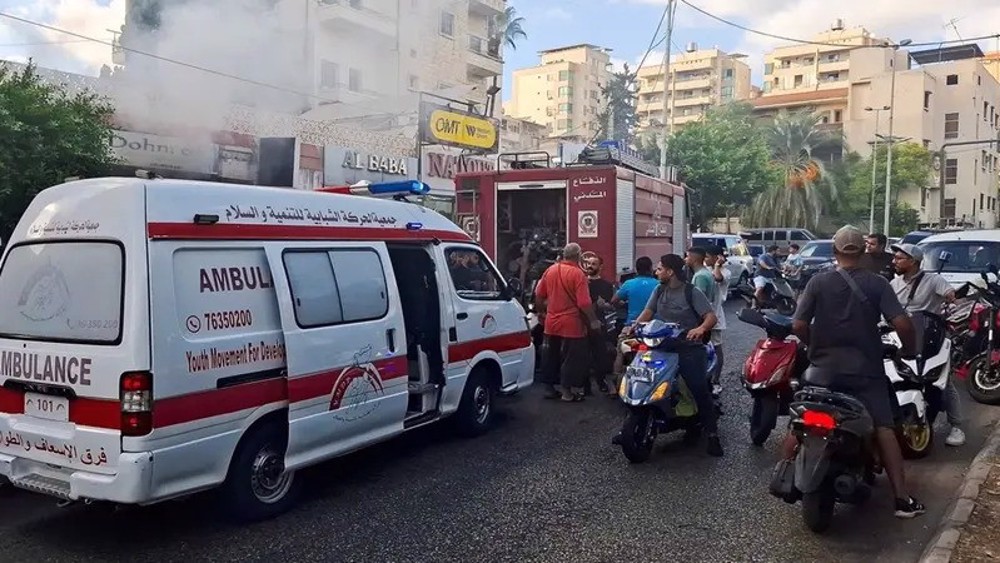
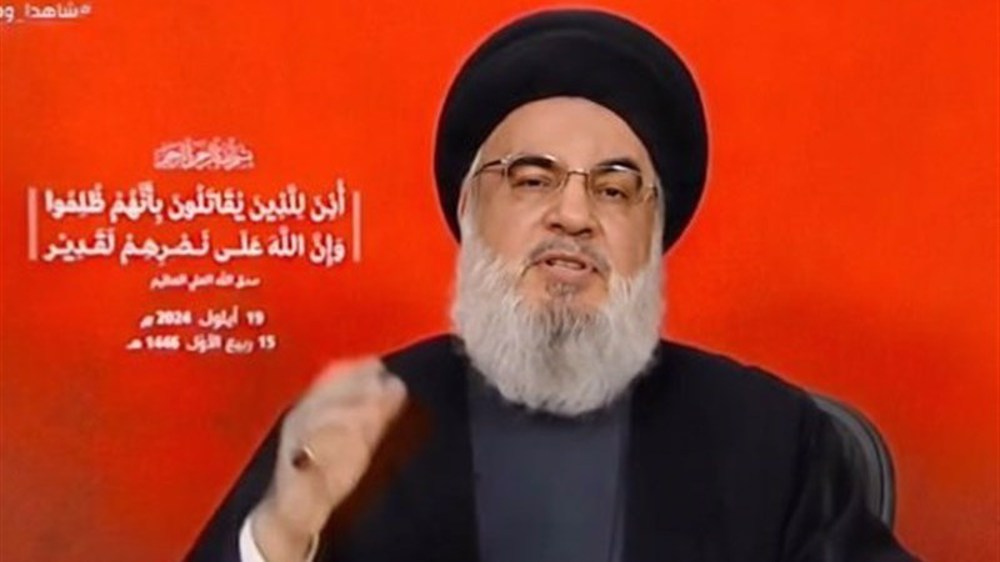




 This makes it easy to access the Press TV website
This makes it easy to access the Press TV website